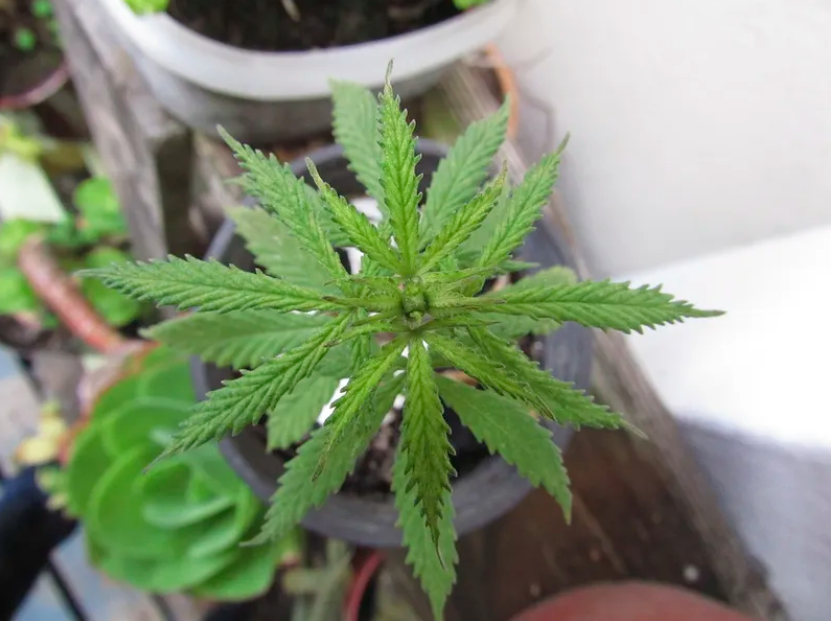When most people think about cannabis, they immediately focus on THC or CBD. But beyond these well-known cannabinoids lies a lesser-known, yet equally powerful group of compounds: terpenes. Specifically, Cannabis-derived terpenes have been gaining attention in the wellness world for their role in aromatherapy and natural relaxation.
Let’s explore how these aromatic compounds do more than just provide scent—they actively support mental calm, emotional balance, and therapeutic effects.
What Are Terpenes?
Terpenes are aromatic molecules naturally produced by many plants, including cannabis. They’re responsible for the distinctive scents of pine forests, citrus peels, lavender fields—and, of course, different cannabis strains. But their value goes well beyond fragrance. Studies have shown that terpenes can affect mood, cognition, and even inflammation levels.
When these terpenes are extracted directly from cannabis, we call them cannabis-derived terpenes. Unlike synthetic or botanical alternatives, they preserve the full aroma profile and synergistic compounds of the original plant.
Terpenes & Aromatherapy: The Science of Scent
Aromatherapy is based on the idea that certain smells can influence the brain and nervous system. Terpenes play a key role in this. When inhaled, terpenes bind to receptors in the brain’s limbic system—the area responsible for emotions, memory, and behavior.
This is why simply smelling cannabis—or products containing cannabis-derived terpenes—can promote relaxation, reduce stress, or elevate your mood.
Key Cannabis-Derived Terpenes for Relaxation
Here are some of the most common cannabis-derived terpenes known for their calming and therapeutic properties:
| Terpene | Scent Profile | Relaxation Benefits |
| Linalool | Floral, lavender-like | Reduces anxiety and stress, promotes sleep |
| Myrcene | Earthy, musky, herbal | Sedative effect, muscle relaxation |
| Beta-Caryophyllene | Peppery, spicy | Anti-inflammatory, anxiety-reducing |
| Limonene | Citrus, lemony | Uplifting yet calming, balances mood |
| Terpinolene | Sweet, piney | Mild sedative, antioxidant effects |
These terpenes work both individually and synergistically to support relaxation and mental wellness.
Why Choose Cannabis-Derived Terpenes?
You may find “terpenes” added to many wellness products, but not all are created equal. Cannabis-derived terpenes differ from synthetic or botanical ones in important ways:
- Strain-specific: Preserve the complexity and effects of original cannabis strains.
- Natural synergy: Work in harmony with cannabinoids like CBD or THC.
- Full-spectrum benefit: Contain minor compounds lost in synthetic imitations.
For those seeking a genuine aromatherapy experience, products featuring cannabis-derived terpenes deliver more authentic, effective results.
How to Use Cannabis Terpenes for Aromatherapy & Relaxation
There are several ways to incorporate these powerful plant compounds into your daily routine:
- Essential Oil Diffusers
Use terpene-infused oils or cannabis essential oil in a diffuser to fill your space with calming aromas.
- Cannabis or CBD Vapes
Many vape cartridges contain cannabis-derived terpenes for strain-specific effects. Look for “live resin” or “full-spectrum” labels.
- Topicals and Bath Products
Relaxing terpene blends can be found in bath bombs, lotions, and salves to enhance body-mind relaxation.
- Inhalers or Aromatherapy Pens
Portable devices let you inhale terpene-rich vapor without cannabinoids, ideal for non-psychoactive relaxation.
Final Thoughts
Whether you’re winding down after a long day or setting the mood for meditation, cannabis-derived terpenes offer a natural and powerful way to support relaxation. By engaging your senses and interacting with your body’s chemistry, these aromatic compounds prove that cannabis is much more than just THC or CBD.
The next time you catch a whiff of piney myrcene or floral linalool, remember—it’s not just a scent, it’s a science-backed pathway to peace.
